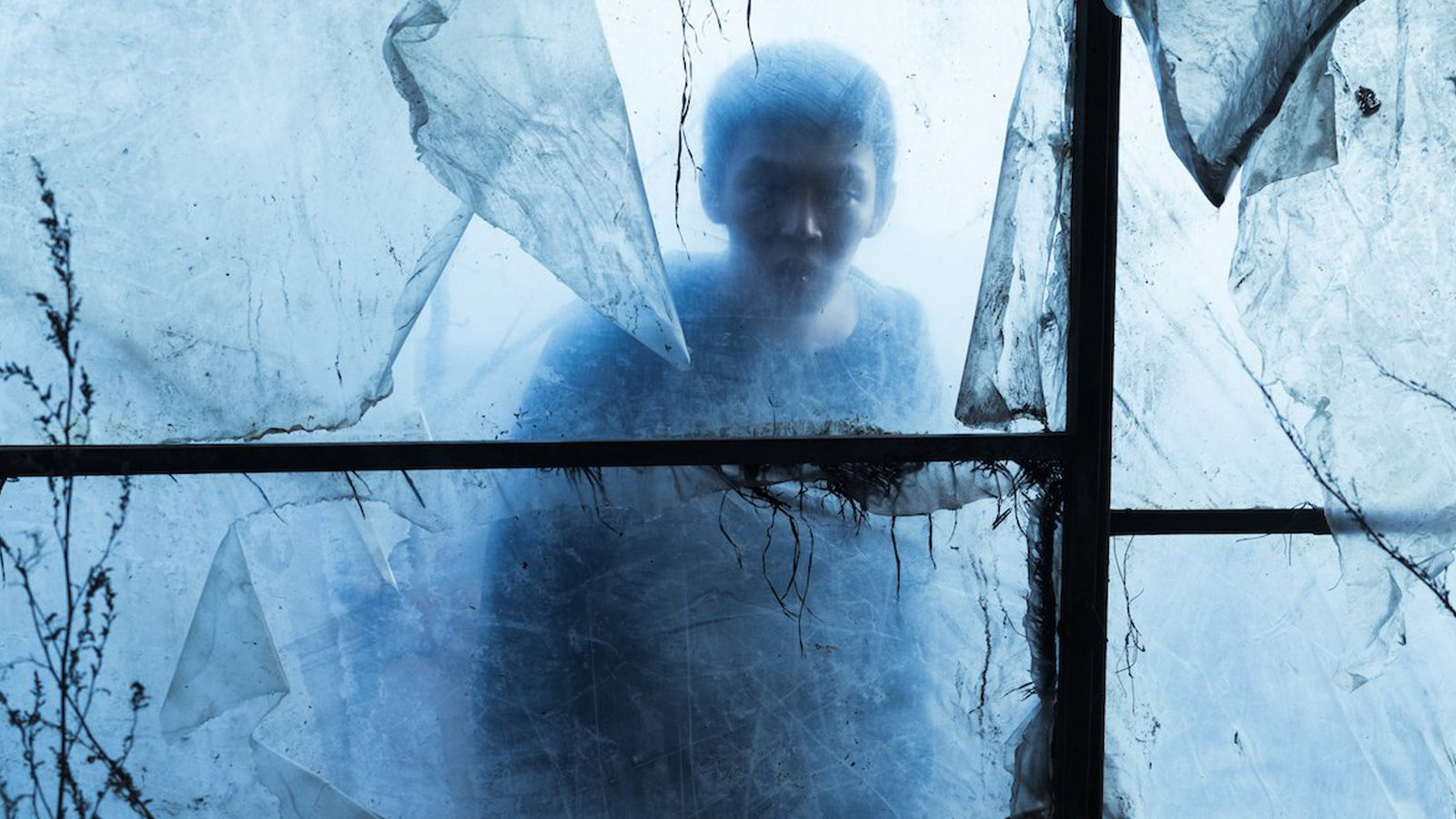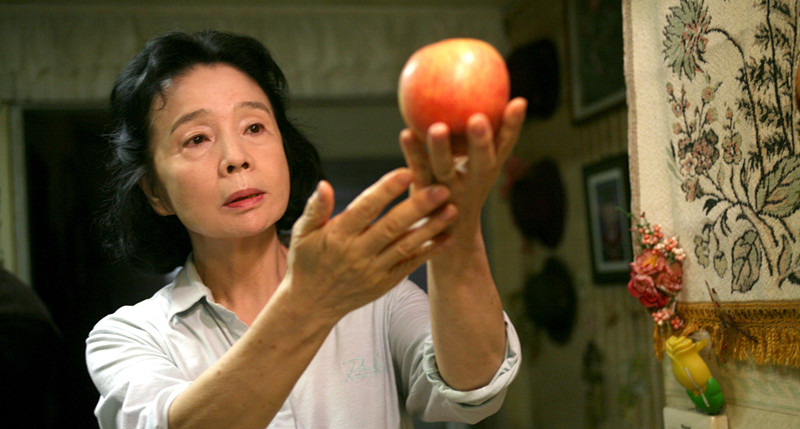3. Burning (2018)

Lee Chang-dong’s latest thriller is probably his most celebrated yet, one that took up some of the biggest international festivals by storm and earned him a well-deserved exposure boost within Western audiences. Originally conceived as an adaptation of a short novel by Haruki Murakami, it is the kind of movie that holds you under its spell and hypnotizes you until the credits start rolling.
The story begins with an aspiring writer from the countryside – Jong-su – who reconnects with a childhood friend after bumping into each other. Although he fails to remember her at first, he quickly becomes infatuated with her and complies to feed her cat during her upcoming trip to Africa. Upon her return, Jong-su is caught off guard as she finds her with a brand-new boyfriend, Ben, an enigmatic man with exotic interests who confesses to have an eerily macabre secret hobby. The second half of the movie is a nightmarish crescendo where every character seems to have hidden agendas and cryptic motivations, and where obsession, suspicion and deceit all seem to blur together.
Beyond the surface plot, Lee establishes a clear social clash between the love triangle. Jong-su represents the struggling low-class youth, bursting with rage and dissatisfaction. Jong-su feels dwarfed by Ben, a charismatic and attractive upper-class guru who pursues a Westernized and sophisticated lifestyle. In the middle, there’s the girl, who embodies a cultural bridge between both, a deserter among commoners lured into the glamorous world of her new boyfriend.
You can take Burning at face value and still be enthralled by its masterful build-up and climax, but it’s also a richly layered movie that can be enjoyed by peeling off its nuanced symbolism and developing your own interpretations. Is it an assessment against capitalism and Western ideals, a melancholic depiction of masculine resentment or a desperate cry for help by a crumbling youth? None of these labels seem to pay it justice, as if Burning was a film deliberately designed to shatter any preconceived idea about itself.
2. Secret Sunshine (2007)

Humans are built to be gregarious in the face of tragedy, latching on to a shared mythos called religion as a common shield against loss and the unbearable triviality of life. But within that context, Lee Chang-dong lays down just how morally rotten and opportunistic some of our social constructs can be.
The movie puts us in the shoes of Shin-ae, a grieving widow who decides to start over by moving to her deceased husband’s hometown with her son. As she settles in and gets acquainted with the locals, she garners a lot of attention (much of it unwarranted) as the hottest gossip item in town. And as if her tragedy wasn’t enough, her son is kidnapped, held for ransom and soon later, found dead.
Shin-ae struggles to come to terms with her hopeless reality, recurrently gazing up at the sky as to looking for any semblance of hope and reassurance in the face of her unthinkable loss. Coerced by peer pressure, she starts attending her local church meetings, temporarily finding solace in her new faith and sense of camaraderie. But that comfort soon evaporates as she’s endlessly judged for her own grieving process, with every little movement or reaction of hers exhaustively analyzed. At one point, she is reproached for not showing enough emotion at her own son’s funeral, as if pain could be quantified by the number of tears shed.
At the end, Shin-ae goes full circle; from jovial agnostic to freshly converted, healing through religion before realizing its shallow rationale. Lee Chang-dong shows how no well-meaning support or spiritual tales can truly wipe out the ugly truths about life, and only by facing your pain and accepting it can you truly overcome it.
1. Poetry (2010)

By now we’ve established how Lee Chang-dong loves to explore the whole range of human emotions by rendering stories full of misery and hardship. His characters often hide their inner turmoil in a facade of outward conformity. As a former novelist, he also focuses on aspiring artists who pour their repressed grief and rage into their work. Lastly, victimized women and handicapped citizens are prominently featured as an unsubtle reminder of our own neglectfulness and cruelty.
Poetry incorporates all of these themes and examines life in all its scope, with all its ups and downs, but this time around through a gentler lens than any other of Lee’s films. The story follows a sixty-year-old woman – Mija – who works as a caretaker and has been recently diagnosed with Alzheimer. By any standards, Mija is a class-act citizen, always composed, caring and thoughtful.
Mija signs up for a poetry class, where she is encouraged to “really look into things”. Her quest for inspiration triggers a journey of self-discovery, where she rediscovers beauty in the mundane, rejoicing in things in all shapes and forms, and as ordinary as an apple. As with every Lee film, it is not without tragedy, and Mija has to bear with the terrible misgivings of her miserable grandson.
But in Poetry more than ever, hope, empathy and compassion trump any bad fortune. It is a movie where Lee Chang-dong reflects on the necessity for art, in Mija’s case, poetry as a medium to express herself and embrace the joys of life. It’s only fitting that the film sitting at number one in the rankings of such a hard-boiled nihilist like Lee is one that holds out a glimmer of hope in human decency to work things out.